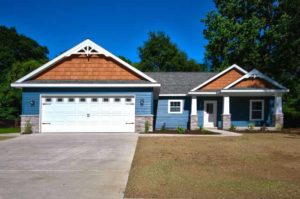When buying a fixer-upper, there are many things that you need to take into consideration so that you don’t get overwhelmed. Here is a list of the five most important. Tackle these before jumping in with both feet and you’re good to go!
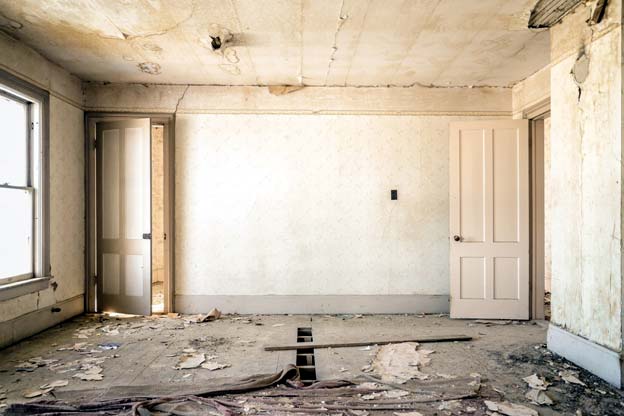
1. Confirm the Cost of Renovations Before Tabling an Offer
Get vetted professionals to do a thorough walkthrough so that he or she can give you a written estimate of how much the services will cost. According to Laird & Sons, a company that provides Toronto air conditioner repair services, the best place to start would be online with a simple Google search. They emphasize looking at companies’ reviews through multiple platforms. Check out Google, Yelp, and BBB to find the right businesses to consult with.
The walkthrough should include inspecting crucial features like air conditioning units and central air and heating, as well as, boilers. Maintaining a boiler system will provide cost-effective heating for years.
If you decide to do the repairs yourself after the inspection, be sure to take note of the price of supplies. Whatever the case may be, make sure you add 10 percent to 20 percent to the estimated total to act as a buffer against any unforeseen circumstances.
2. Decide What You Can Do on Your Own
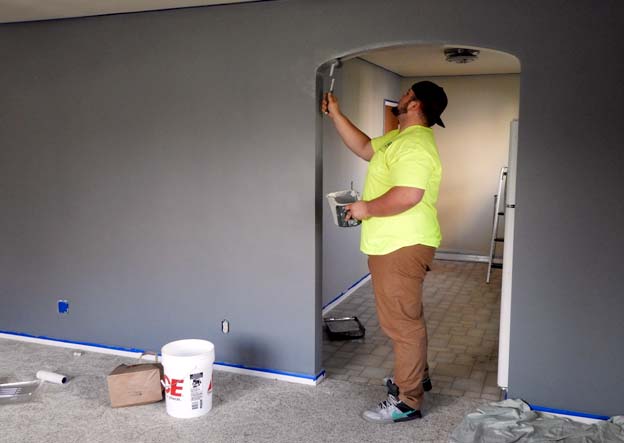
We live in the do-it-yourself age and, naturally, there are some tasks that you will feel can be done by yourself. Make sure you take on only those jobs that you are sure are within your skill set. Some jobs can lead take more time, end up more expensive, and lead to less-than-stellar results when left in the hands of an amateur. Other jobs, like those that deal with electricity, can be flat-out dangerous.
Apart from assessing your skills, you also want to judge whether you have the required time on your hands to totally take advantage of all the great home improvement tips that are available online.
3. Check Permit Costs If Any
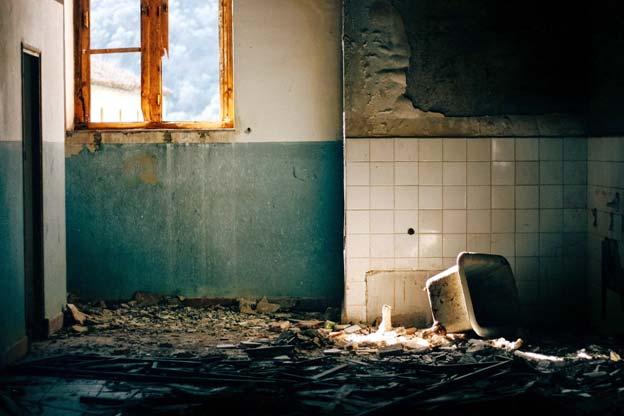
Ask the local authorities if a permit is required for any of the work you plan on doing in the house and also how much these permits cost. The fact is you can do whatever without a permit and save some money. However, you will face problems when the time comes to sell.
You can get these permits yourself or ask your contractor to do the arrangements for you. Either way, expect to spend no small amount of money in the process. It will be time-consuming and possibly frustrating. Inspectors may force you to make changes to your initial plan before they issue a permit. It’s all part of the system.
4. Get an Expert Opinion on the Pricing for Structural Work
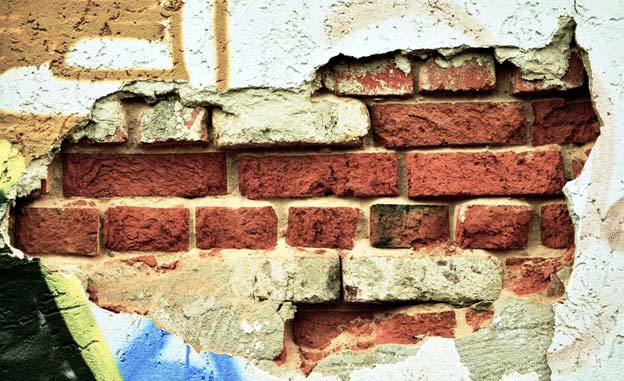
If your fixer-upper is in need of major structural work, get a qualified structural engineer to inspect the home before you put in an offer. If in the area, check out these Melbourne home builders. That way, you are sure you have adequately budgeted for any future problems.
In general, buying a fixer-upper that needs significant structural doesn’t work unless you:
- Have uncovered the full extent of repairs needed
- Know these repairs can be done
- Have a written estimate for the cost of repairs
- Are getting the house at a huge discount
5. Check the Cost of Financing
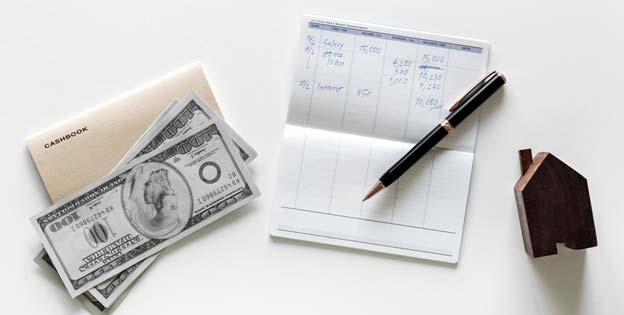
Buying a new home is a major financial transaction. You want to make sure you have the necessary guarantees for loans or financing before you make any deal.
In most cases, your real estate agent will have valuable relationships with local lenders and will be able to guide you. Don’t be forced to close a sale when you are not ready.

